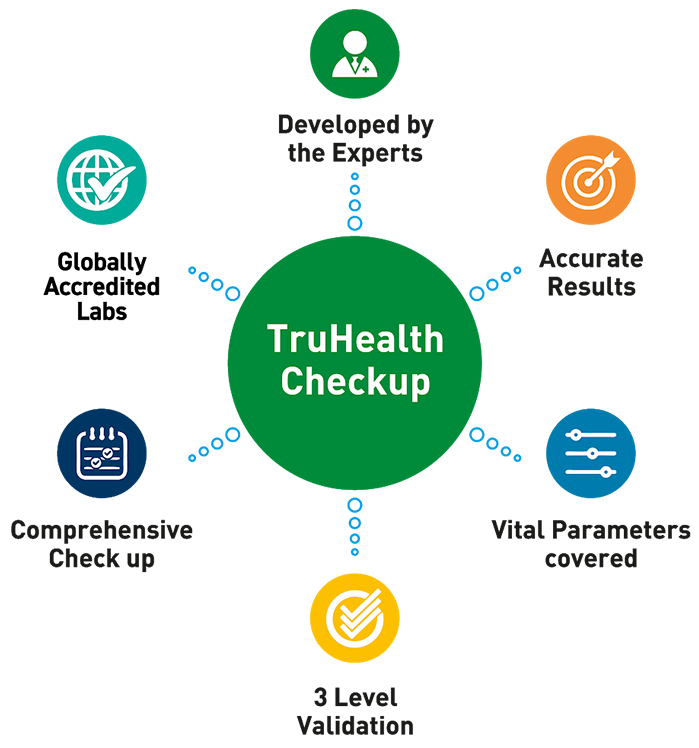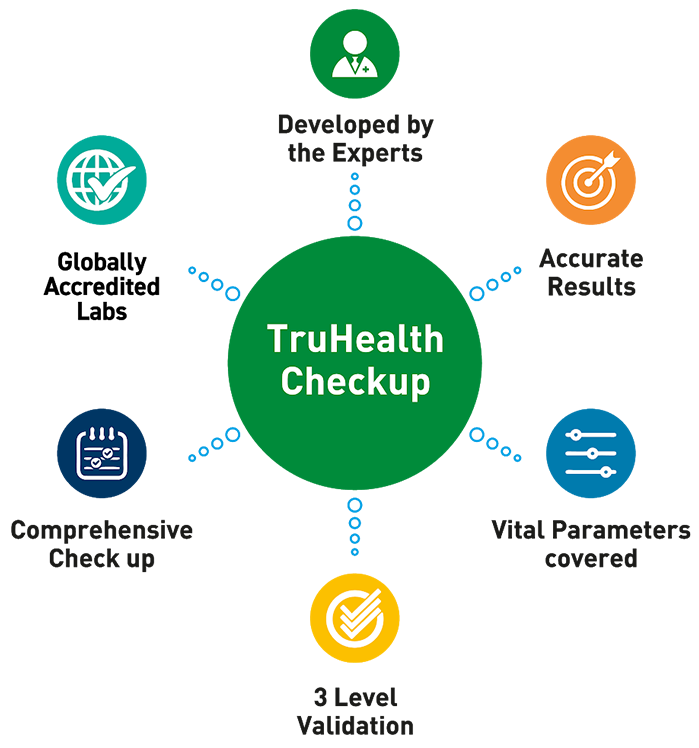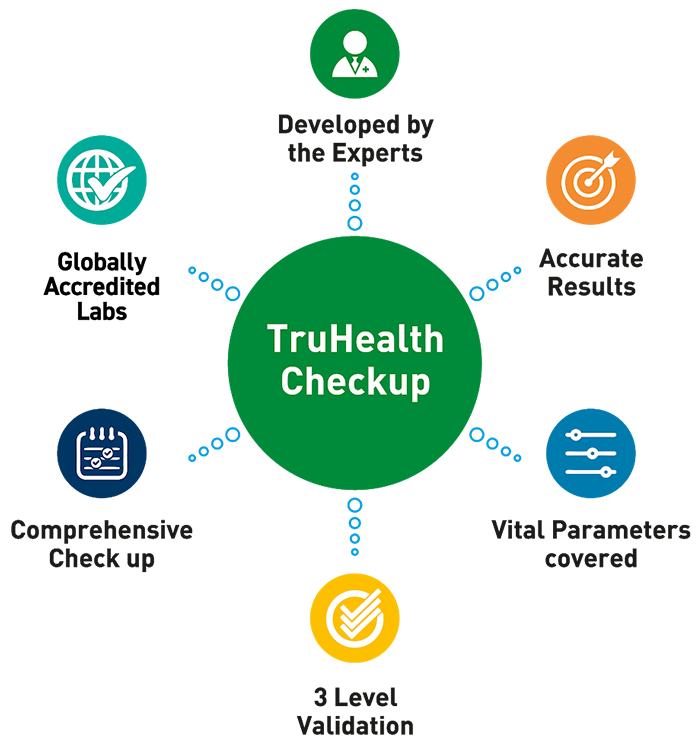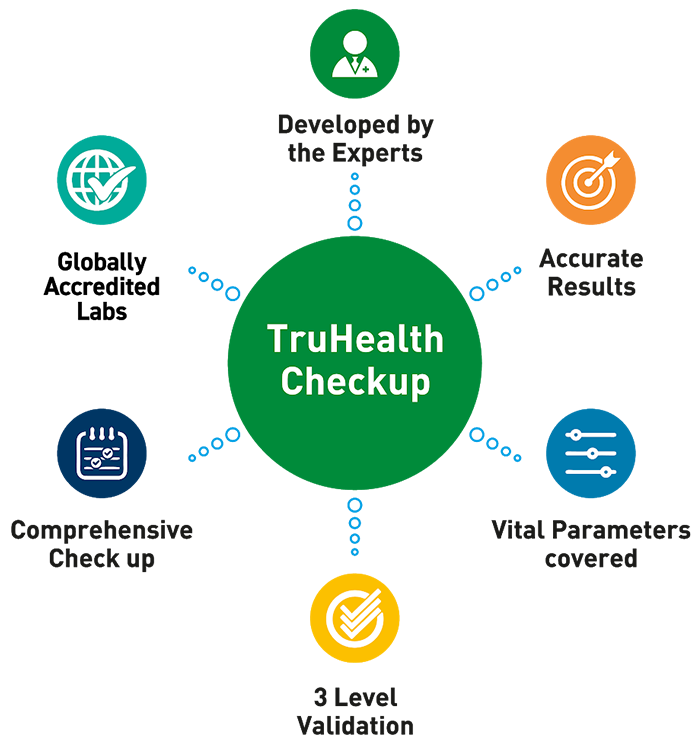Preventive Healthcare
Why You Get Chills: Causes, Symptoms, and When to Seek Help
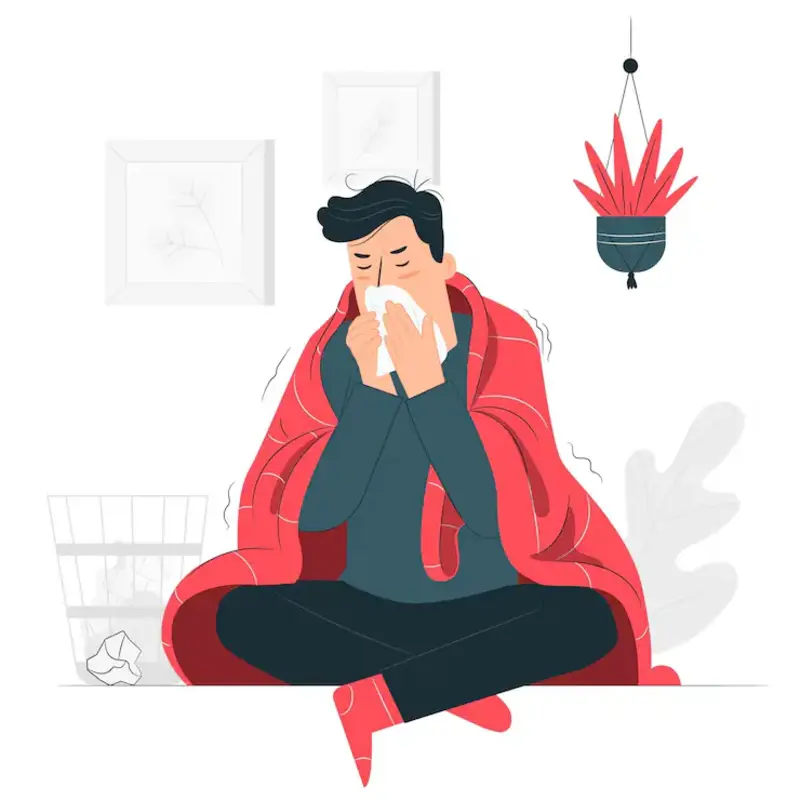
Table of Contents
Have you ever experienced sudden chills that make your teeth chatter and your body shiver uncontrollably? Chills are a common physiological response where your muscles rapidly contract and relax to generate heat and regulate your body temperature. While often harmless, chills can sometimes indicate an underlying health issue that requires medical attention. In this article, we'll explore the various causes of chills, common chills symptoms, effective chills treatment options, and when it's crucial to consult a healthcare provider.
What are chills?
Chills refer to the sensation of feeling cold accompanied by shivering and shaking, even when you're not in a cold environment. Your body experiences chills when it attempts to raise its internal temperature to ward off infections or in response to certain triggers. Common signs of chills include:
-
Shivering and trembling
-
Teeth chattering
-
Goosebumps on the skin
-
Feeling cold despite wearing warm clothing
Chills are a defence mechanism that helps maintain your body's optimal temperature, which is essential for the proper functioning of vital organs.
What are the causes of chills?
Several factors can trigger chills, ranging from environmental influences to medical conditions. Some of the primary chills causes include:
- Exposure to cold temperatures
- Infections (e.g., flu, pneumonia, urinary tract infections)
- Fever associated with illnesses
- Certain medications
- Hypothyroidism (underactive thyroid gland)
When your body senses a drop in its core temperature or detects the presence of disease-causing agents, it generates chills to raise the internal temperature and fight off infections.
What are other causes of chills?
Apart from the common chills causes mentioned above, other factors that may lead to chills include:
-
Low blood sugar levels (hypoglycemia) in people with diabetes
-
Intense emotions such as fear, anxiety, or excitement
-
Inflammatory conditions like arthritis or lupus
-
Malaria, a mosquito-borne illness prevalent in tropical regions
-
Blood cancers such as leukemia or lymphoma
If you experience frequent chills without fever or other apparent reasons, it's essential to consult a healthcare professional to identify any underlying health concerns.
How to prevent chills?
Preventing chills often involves taking measures to maintain a stable body temperature and reduce your risk of infections. Some effective strategies include:
-
Dressing appropriately for the weather
-
Staying hydrated by drinking plenty of fluids
-
Avoiding exposure to extreme cold or heat
-
Practicing good hygiene habits to prevent infections
-
Getting vaccinated against common illnesses like the flu
-
Managing chronic conditions such as diabetes or hypothyroidism
By adopting these preventive measures, you can lower your chances of experiencing frequent chills.
How are chills treated?
The appropriate chills treatment depends on the underlying cause. For chills triggered by cold temperatures, you can:
- Change into warm, dry clothing
- Take a warm shower or bath
- Use a heating pad or electric blanket
- Drink warm beverages like tea or soup
If an infection is causing your chills, your healthcare provider may prescribe antiviral or antibacterial medications to combat the illness. For chronic conditions, managing the underlying disorder through medication, lifestyle changes, and regular check-ups is crucial.
Home care for adults
Adults experiencing chills can find relief through simple home remedies such as:
-
Resting and staying warm
-
Drinking plenty of fluids to prevent dehydration
-
Taking over-the-counter pain relievers like acetaminophen or ibuprofen
-
Applying warm compresses to sore muscles or joints
If your chills persist or worsen despite home care measures, consult your doctor for further evaluation and treatment.
Home care for children
When children experience chills, it's essential to keep them comfortable and monitor their symptoms closely. You can:
-
Dress them in warm, lightweight clothing
-
Provide extra blankets for warmth
-
Offer warm, clear fluids like water or broth
-
Use a child-safe fever reducer if recommended by a pediatrician
Watch for signs of severe illness such as high fever, difficulty breathing, or extreme lethargy, and seek immediate medical attention if necessary.
When to see a doctor?
While chills often resolve on their own, certain situations warrant a visit to your healthcare provider. See a doctor if you experience:
-
Chills accompanied by a high fever (above 103°F or 39.4°C)
-
Chills that persist for more than 48 hours
-
Severe abdominal pain or chest pain
-
Difficulty breathing or shortness of breath
-
Stiff neck, severe headache, or confusion
These symptoms may indicate a serious underlying condition that requires prompt medical intervention.
How do you diagnose the cause of chills?
To determine the cause of your chills, your healthcare provider will
- Review your medical history and current symptoms
- Perform a physical examination
- Order blood tests, urine analysis, or imaging scans if necessary
- Inquire about any recent travel, exposure to ill individuals, or medication changes
Based on the evaluation, your doctor can identify the underlying cause of your chills and recommend an appropriate treatment plan.
What is the outlook for chills?
The outlook for chills largely depends on the underlying cause. Most cases of chills due to minor infections or cold exposure resolve within a few days with proper care and rest. However, if a chronic condition or severe infection is responsible, treatment may be more extensive and require close monitoring by a healthcare professional.
Conclusion
Chills are a common bodily response to various triggers, ranging from cold temperatures to infections. By understanding the potential causes, preventive measures, and treatment options for chills, you can effectively manage this symptom and seek timely medical assistance when necessary. If you experience persistent or severe chills, consider consulting the experts at Metropolis Healthcare. With a network of advanced diagnostic labs across India and a team of skilled pathologists,
offers comprehensive blood tests and health check-ups to help identify any underlying health concerns. By prioritising your well-being and seeking reliable medical guidance, you can take control of your health and navigate episodes of chills with confidence.
















